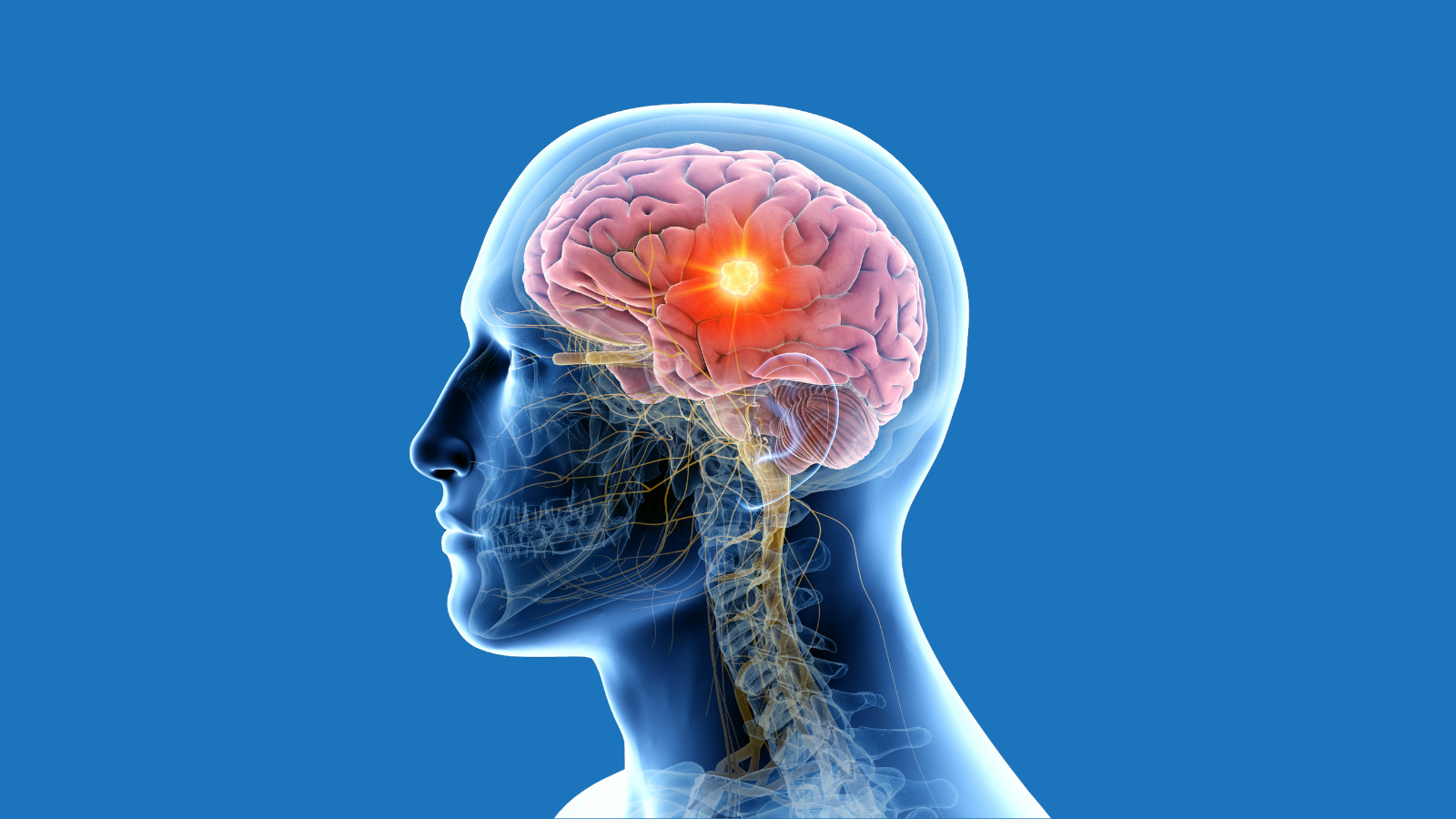When it Comes to Brain Tumors: Caution is Key


A brain tumor is an abnormal growth of cells inside the brain or skull. They can either be benign (non-cancerous) or malignant (cancerous). Whether a tumor is cancerous or not, it can significantly impact your health and brain function, especially if it grows quickly in size.
Tumors that form in the brain are called primary tumors. Tumors that spread to your brain from a different part of your body are known as secondary (or “metastatic”) tumors.
Some examples of primary brain tumors include astrocytoma, glioblastoma, ependymoma and hemangioblastoma. A common type of tumor that occurs inside of the skull, called a meningioma, grows from the outer covering of the brain, but not from the brain itself.
Brain tumors are serious health conditions that require immediate attention. It’s important to mention that early detection and diagnosis play a critical role in enhancing the likelihood of successful treatment. If you believe you have symptoms of a brain tumor, do not delay in speaking to your physician.
Brain tumors can affect people of all ages. Cancers of the brain occur most frequently in two age groups, children under the age of 15 and adults over the age of 65. The most serious type of brain tumor, known as a glioblastoma, is becoming more common among people as the general population ages.
Primary brain tumors are the least common, as only about 5 out of every 100,000 people are diagnosed with a primary brain tumor each year. Approximately 4,100 children under the age of 15 are diagnosed with brain or central nervous system tumors each year. About 5% of brain tumors are linked to hereditary or genetic factors.
Brain tumors, whether cancerous or not, can cause serious problems. If a tumor develops near a part of your brain that controls vital functions, it can cause symptoms such as:
Diagnosing a brain tumor is a complicated process. If you’re experiencing any possible symptoms of a brain tumor, it is important to immediately speak to your physician. Your physician will likely perform a physical and neurological exam.
If your healthcare provider suspects you may have a brain tumor, a brain scan, such as an MRI or CT scan is usually the next step. If a tumor is located, a physician will sometimes need to perform a biopsy (removing a small sample) of the tumor.
Successful treatment of a brain tumor will depend on several factors, including the size and location of the tumor, your age, and your overall health. The most important factor is the type of tumor. Benign tumors can usually be successfully removed with surgery and do not usually grow back.
The earlier you begin care and treatment the better chance of a positive outcome. It is important that you do not delay speaking with your physician. Your physician may use a combination of procedures and therapies to treat a tumor. These options may include a craniotomy, radiation therapy, radiosurgery, chemotherapy, or shunts. Each physician has a different approach to treating brain tumors.
In many cases, physicians can successfully treat brain tumors. Some people can live active and fulfilling lives with brain tumors that are not causing any symptoms. Survival rates are different for each type of brain tumor and vary based on age and overall health.
If you are experiencing any possible brain tumor symptoms, you should speak to your physician immediately. If you have already been diagnosed with a brain tumor, it is important to discuss potential treatment options with our physician.
Learning that you have been diagnosed with a brain tumor is scary and stressful. However it is important to remember that not all brain tumors are cancerous. Your healthcare provider is best qualified to recommend an individualized treatment plan, which may include clinical trials, for your unique situation
If you are facing a brain tumor diagnosis, the compassionate and skilled team at New Jersey Brain and Spine are here to help. Please contact us today to get a second opinion, or discuss your treatment options. New patients may call 201-342-2550, Option 3, to schedule an appointment.